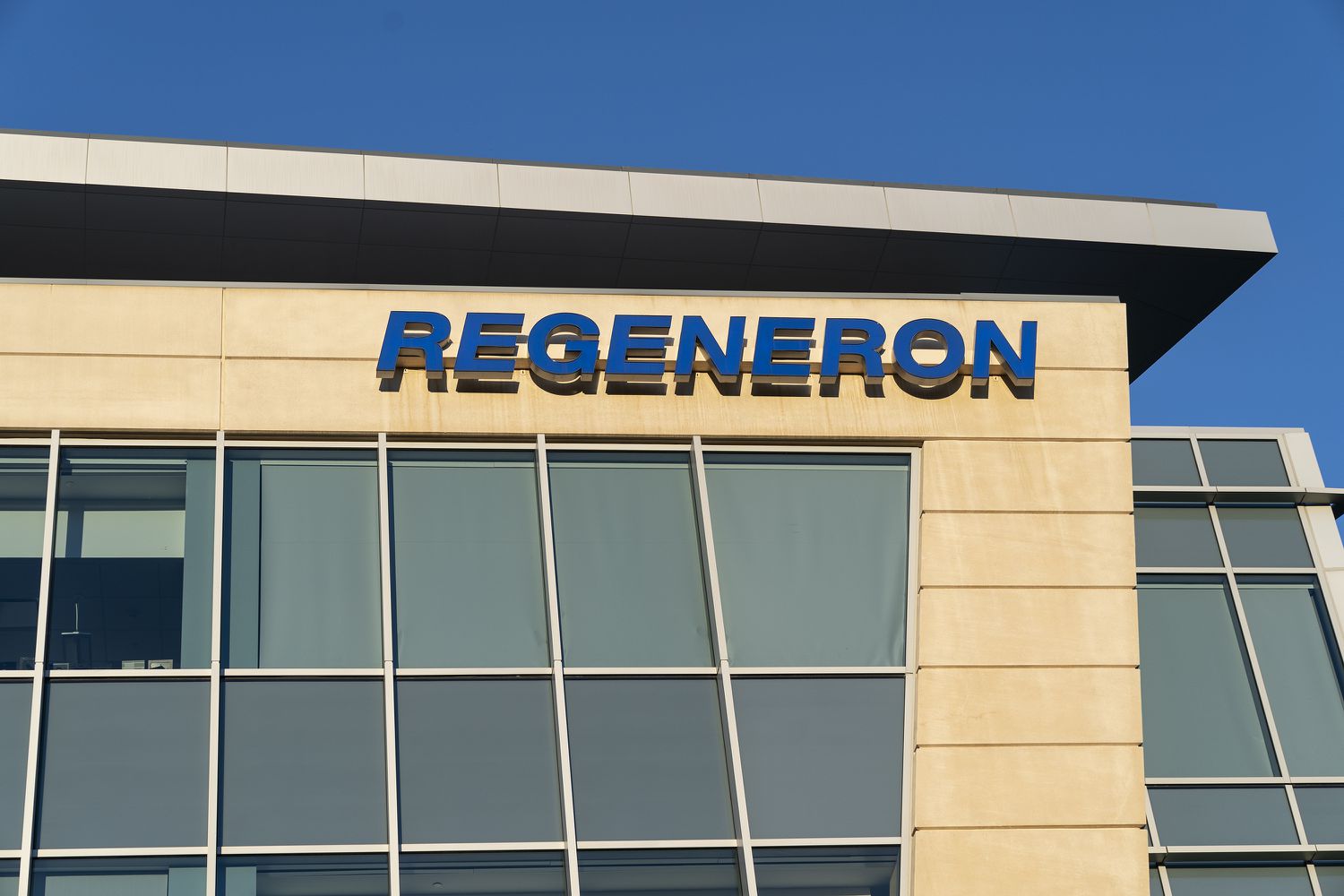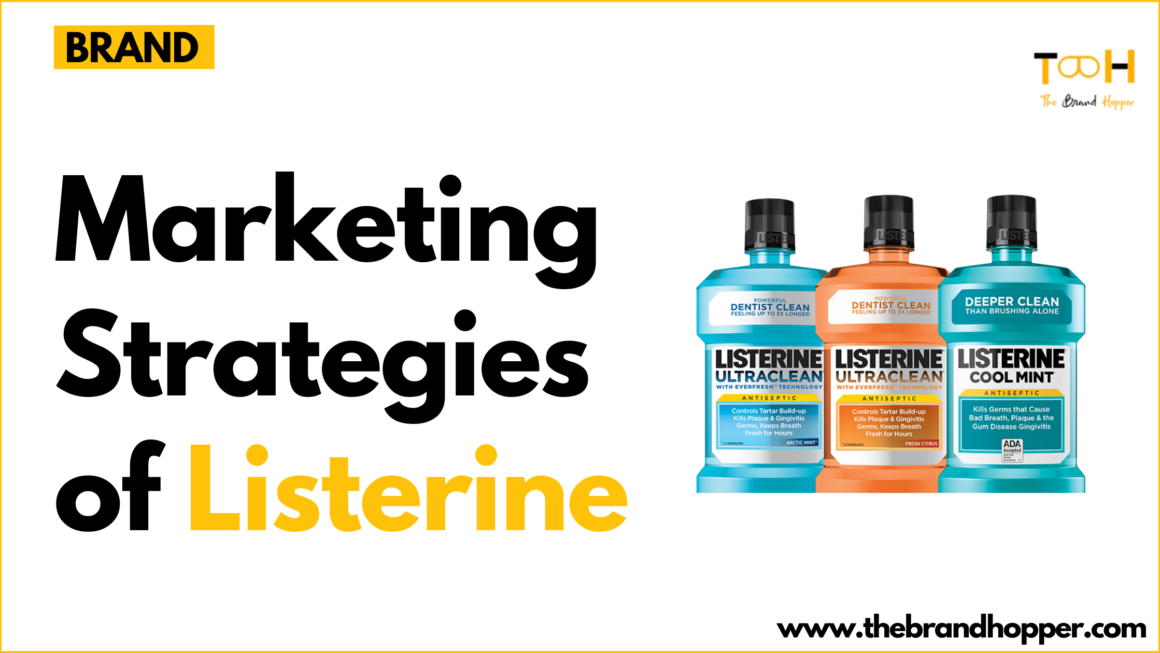In the fast-paced world of biotechnology, Regeneron Pharmaceuticals has been a trailblazer for decades. But who’s hot on their heels? Buckle up, because we’re about to dive into the fierce competition that’s shaping the future of medicine! Did you know that the global biotechnology market is projected to reach a staggering $2.44 trillion by 2028? With such massive potential, it’s no wonder the race is on. Let’s explore the top competitors giving Regeneron a run for its money!
Top Competitors of Regeneron Pharmaceuticals
1. Amgen
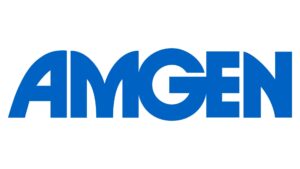
Website – https://www.amgen.com/
Amgen stands tall as one of Regeneron’s most formidable competitors. This California-based biotech powerhouse has carved out a significant market position with its innovative treatments in oncology, nephrology, and inflammation.
Amgen’s key strengths lie in its robust R&D pipeline and diverse portfolio of blockbuster drugs. Their flagship products, including Enbrel (etanercept) for arthritis and Prolia (denosumab) for osteoporosis, have consistently delivered strong sales figures. In direct competition with Regeneron’s Praluent, Amgen’s Repatha (evolocumab) has been gaining ground in the cholesterol-lowering market.
Recent innovations from Amgen include advancements in BiTE® (Bispecific T cell Engager) technology, which is showing promise in cancer treatment. Their pipeline is brimming with potential, particularly in oncology and inflammatory diseases – areas where Regeneron is also focusing heavily.
2. Novartis
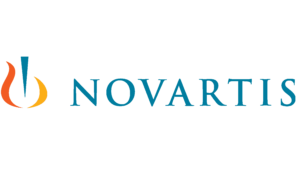
Website – https://www.novartis.com/
Novartis, the Swiss pharmaceutical giant, brings precision and innovation to the table. With a global reach spanning over 180 countries, Novartis presents a significant challenge to Regeneron’s market share.
In specific therapeutic areas, Novartis and Regeneron go head-to-head. For instance, Novartis’s Cosentyx (secukinumab) competes directly with Regeneron’s Dupixent in treating certain dermatological conditions. Both companies are also major players in the ophthalmology market, with Novartis’s Lucentis rivaling Regeneron’s Eylea.
To maintain its competitive edge, Novartis has been investing heavily in cell and gene therapies. Their acquisition of AveXis and the subsequent development of Zolgensma, a groundbreaking treatment for spinal muscular atrophy, showcases their commitment to cutting-edge therapies – a strategy that keeps them neck-and-neck with Regeneron in the race for innovation.
3. Roche
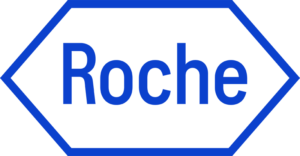
Website – https://www.roche.com/
Roche, headquartered in Basel, Switzerland, has established itself as a leader in both diagnostics and pharmaceuticals. This dual focus gives them a unique advantage in the era of personalized medicine.
Roche’s oncology portfolio is particularly strong, with drugs like Tecentriq (atezolizumab) and Avastin (bevacizumab) leading the charge. These treatments often compete with Regeneron’s cancer therapies, including Libtayo, in various indications.
What sets Roche apart is its emphasis on companion diagnostics. By developing tests that can predict drug efficacy, Roche is pushing the boundaries of personalized healthcare. This approach not only improves patient outcomes but also gives them a competitive edge in drug development and marketing.
In rare diseases, another area where Regeneron is active, Roche has made significant strides. Their recent approval of Evrysdi for spinal muscular atrophy demonstrates their commitment to addressing unmet medical needs in this space.
4. AbbVie
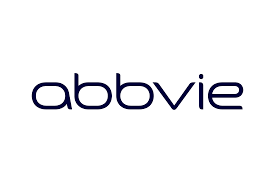
Website – https://www.abbvie.com/
AbbVie has established itself as a dominant force in immunology, presenting a significant challenge to Regeneron in this therapeutic area. The company’s flagship product, Humira (adalimumab), has long been the world’s best-selling drug, used to treat a variety of inflammatory conditions.
While Humira is facing biosimilar competition, AbbVie has been proactive in developing next-generation immunology treatments. Drugs like Skyrizi (risankizumab) and Rinvoq (upadacitinib) are poised to maintain AbbVie’s strong position in the market. These newer treatments often compete directly with Regeneron’s Dupixent in indications like atopic dermatitis and asthma.
AbbVie’s recent acquisition of Allergan has further diversified its portfolio, adding strength in areas like aesthetics and neuroscience. This move has expanded AbbVie’s reach and could lead to increased competition with Regeneron across multiple therapeutic areas.
5. Sanofi
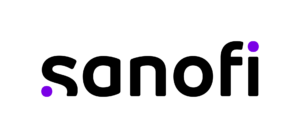
Website – https://www.sanofi.com/en
Sanofi’s relationship with Regeneron is unique among competitors, as the two companies have a long-standing collaboration. However, this partnership has evolved over time, with areas of cooperation and competition coexisting.
The companies jointly developed several successful products, including Dupixent (dupilumab) and Kevzara (sarilumab). However, Sanofi has been reducing its ownership stake in Regeneron, signaling a shift towards a more competitive stance.
In areas outside their collaboration, Sanofi and Regeneron often find themselves as rivals. Sanofi’s strong presence in diabetes care, vaccines, and rare diseases puts them in competition with Regeneron in various market segments.
Sanofi’s strategies for differentiation include a renewed focus on mRNA technology, spurred by the COVID-19 pandemic, and a commitment to developing “first-in-class” or “best-in-class” therapies. These initiatives could lead to increased competition with Regeneron in the coming years.
6. Bristol Myers Squibb
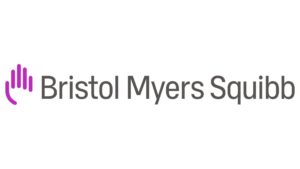
Website – https://www.bms.com/in
Bristol Myers Squibb (BMS) has established itself as a powerhouse in oncology, presenting a significant challenge to Regeneron in this critical therapeutic area. BMS’s portfolio includes groundbreaking immunotherapy drugs like Opdivo (nivolumab) and Yervoy (ipilimumab), which compete with Regeneron’s Libtayo in various cancer indications.
The company’s approach to immunotherapy, particularly in combination treatments, has been innovative and highly successful. This strategy has allowed BMS to maintain a strong market position despite intense competition.
Beyond oncology, BMS has a growing presence in immunology and cardiovascular diseases. Their acquisition of Celgene in 2019 further expanded their pipeline, particularly in hematology and immunology. This broader portfolio puts BMS in competition with Regeneron across multiple therapeutic areas.
7. Biogen
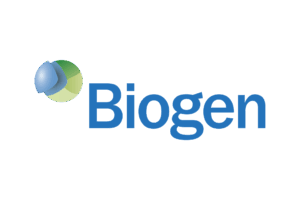
Website – https://www.biogen.com/
Biogen’s focus on neuroscience and rare diseases makes it a unique competitor to Regeneron. While their therapeutic areas don’t always directly overlap, both companies are at the forefront of developing treatments for complex, often underserved medical conditions.
Biogen’s expertise in multiple sclerosis, with drugs like Tecfidera and Tysabri, has established them as a leader in neurology. Their controversial Alzheimer’s drug, Aduhelm (aducanumab), despite its challenges, showcases Biogen’s commitment to tackling some of medicine’s most difficult problems.
In rare diseases, Biogen and Regeneron increasingly find themselves in competition. Biogen’s spinal muscular atrophy drug, Spinraza, was groundbreaking upon its release. As both companies continue to invest in rare disease research, we can expect to see more head-to-head competition in this space.
8. Gilead Sciences
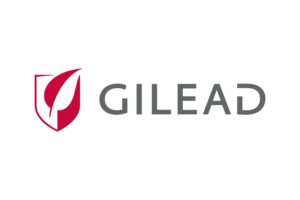
Website – https://www.gilead.com/
Gilead Sciences, renowned for its antiviral treatments, presents a unique form of competition to Regeneron. While their core focus areas differ, both companies are at the forefront of developing innovative therapies for challenging diseases.
Gilead’s HIV and hepatitis C portfolios have been industry-leading for years. However, the company has been actively expanding into new therapeutic areas, including oncology and inflammation. This diversification strategy puts them increasingly in competition with Regeneron.
The company’s moves in cell therapy, particularly with its acquisition of Kite Pharma, signal a strong push into advanced therapeutics. Gilead’s CAR-T therapies like Yescarta compete in the broader oncology market where Regeneron is also active.
Moreover, Gilead’s rapid development of remdesivir for COVID-19 demonstrated their ability to quickly respond to emerging health crises, a capability that Regeneron also showcased during the pandemic.
9. Vertex Pharmaceuticals
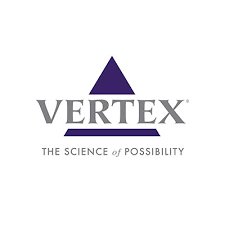
Website – https://www.vrtx.com/home/
Vertex Pharmaceuticals has built its reputation on groundbreaking treatments for cystic fibrosis (CF). Their portfolio of CF drugs, including Trikafta, has transformed the treatment landscape for this genetic disorder.
While Regeneron isn’t directly competing in the CF market, Vertex’s expansion into new therapeutic areas is creating potential for future competition. Vertex is actively developing treatments for pain management, alpha-1 antitrypsin deficiency, and APOL1-mediated kidney diseases.
Vertex’s approach to R&D, focusing on understanding the underlying biology of diseases before developing targeted therapies, is similar to Regeneron’s scientific-driven approach. This methodological similarity could lead to increased competition as both companies expand their focus areas.
10. Alexion Pharmaceuticals
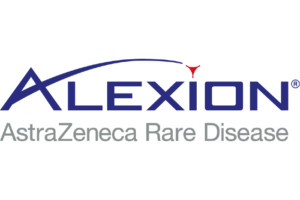
Website – https://alexion.com/
Alexion Pharmaceuticals, now a part of AstraZeneca, specializes in developing treatments for rare and ultra-rare disorders. Their focus on complement inhibitor therapies, with drugs like Soliris and Ultomiris, has established them as leaders in treating certain rare blood and neurological disorders.
While Regeneron’s focus isn’t exclusively on rare diseases, both companies operate in this high-value, high-innovation segment of the pharmaceutical industry. Alexion’s expertise in rare diseases and its now expanded resources as part of AstraZeneca make it a formidable competitor in this space.
The acquisition by AstraZeneca has significant implications for the competitive landscape. It provides Alexion with greater resources for R&D and commercialization, potentially accelerating their ability to bring new rare disease treatments to market.
The Biotech Battlefield: Strategies and Future Outlook
As we’ve seen, the competition in the biotech industry is fierce and multifaceted. Common competitive strategies among these top players include:
- Heavy investment in R&D to maintain robust pipelines
- Focus on first-in-class and best-in-class therapies
- Strategic acquisitions and partnerships to expand capabilities
- Diversification into multiple therapeutic areas
- Emphasis on personalized medicine and targeted therapies
Emerging trends shaping the industry landscape include:
- Increased use of AI and machine learning in drug discovery
- Growing importance of gene and cell therapies
- Rise of biosimilars and increased pricing pressures
- Greater focus on rare diseases and personalized treatments
- Integration of diagnostics and therapeutics
Looking to the future, we can expect to see:
- Continued consolidation in the industry through mergers and acquisitions
- Increased competition in emerging markets
- Growing importance of real-world evidence in drug development and marketing
- More collaborative approaches to tackle complex diseases
- Heightened focus on sustainability and environmental impact in drug manufacturing
Whew! What a thrilling journey through the world of biotech giants! As we’ve seen, Regeneron Pharmaceuticals faces stiff competition from a diverse array of innovative companies. From Amgen’s market dominance to Alexion’s rare disease expertise, each competitor brings unique strengths to the table. But here’s the kicker – this intense rivalry is driving unprecedented advancements in medical science. As patients, we’re the real winners in this high-stakes game of innovation. So, what’s next for Regeneron and its competitors? Only time will tell, but one thing’s for sure – the future of medicine has never looked more exciting!
Also Read: Top Vertex Pharmaceuticals Competitors: A Biotech Analysis
To read more content like this, subscribe to our newsletter

